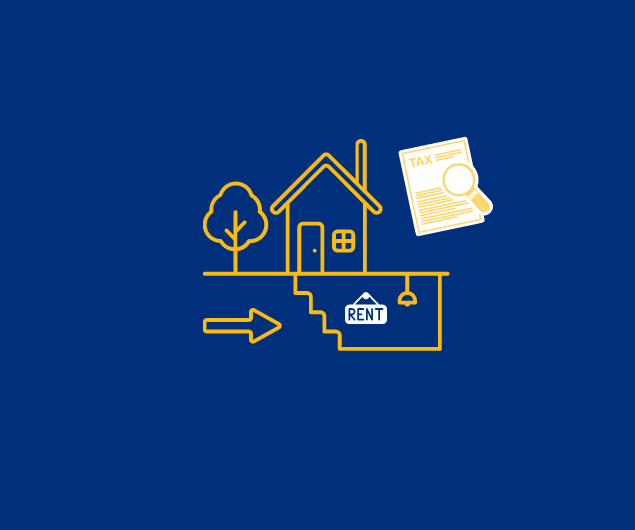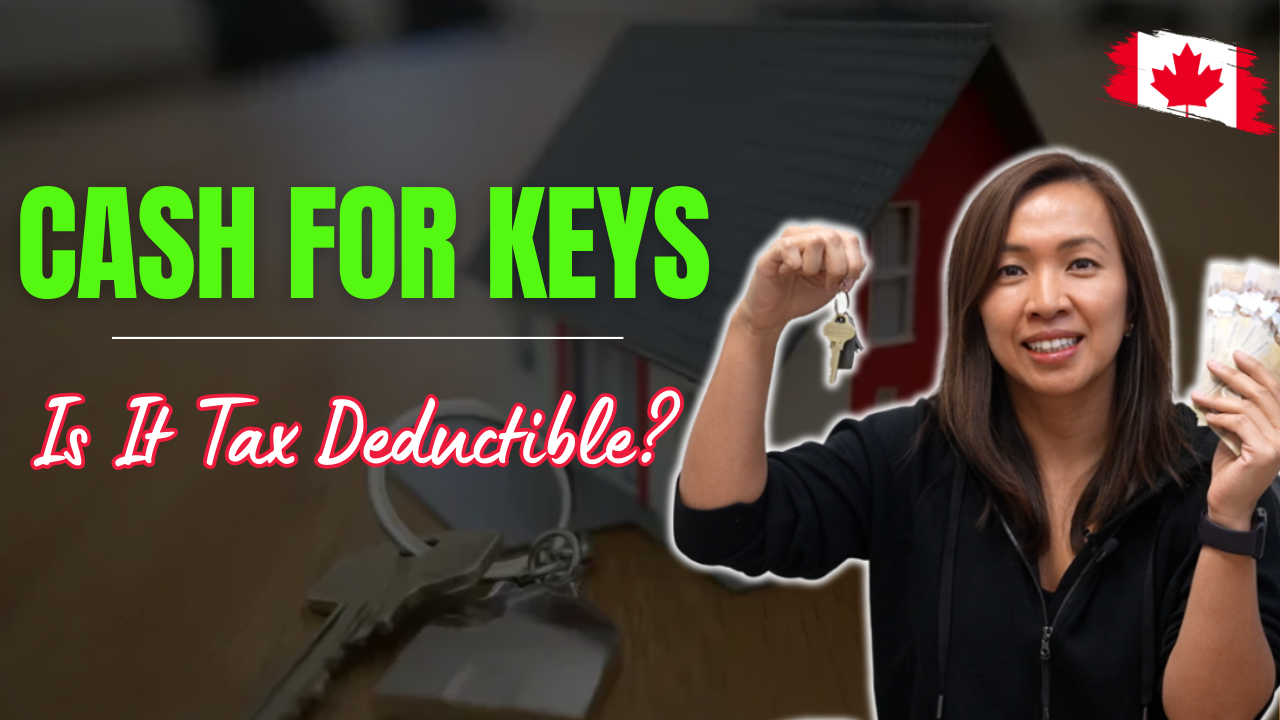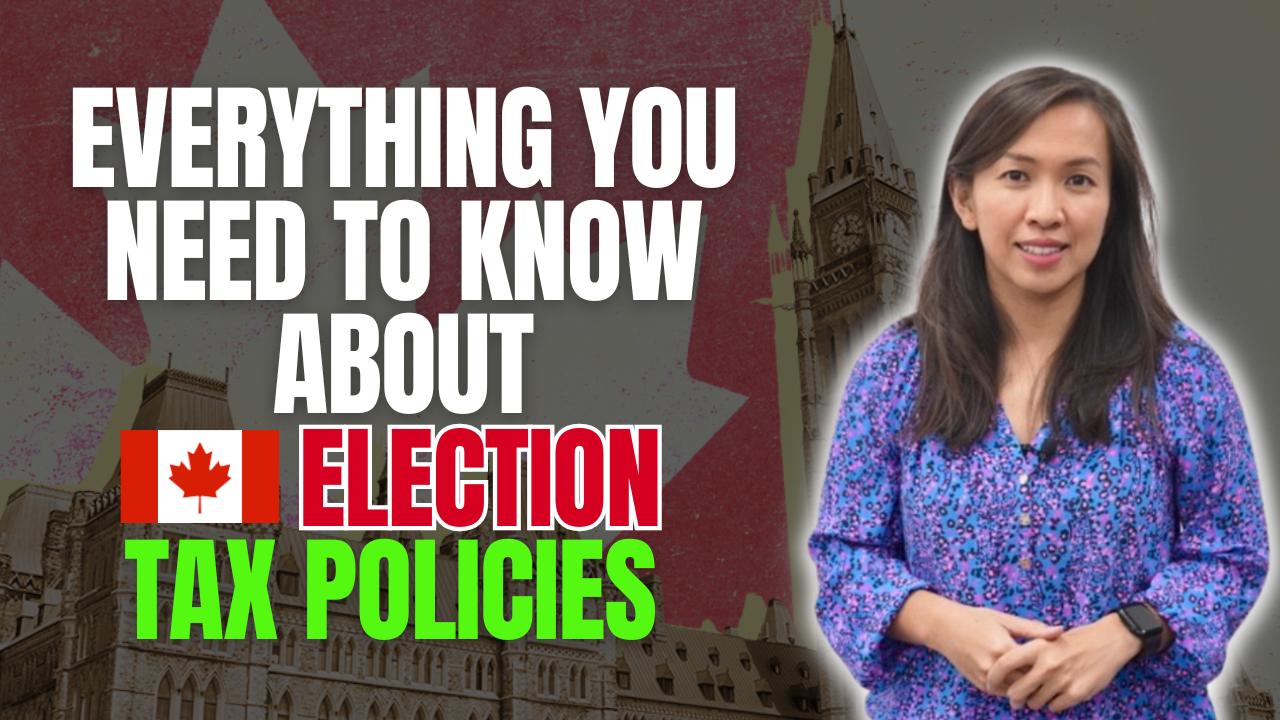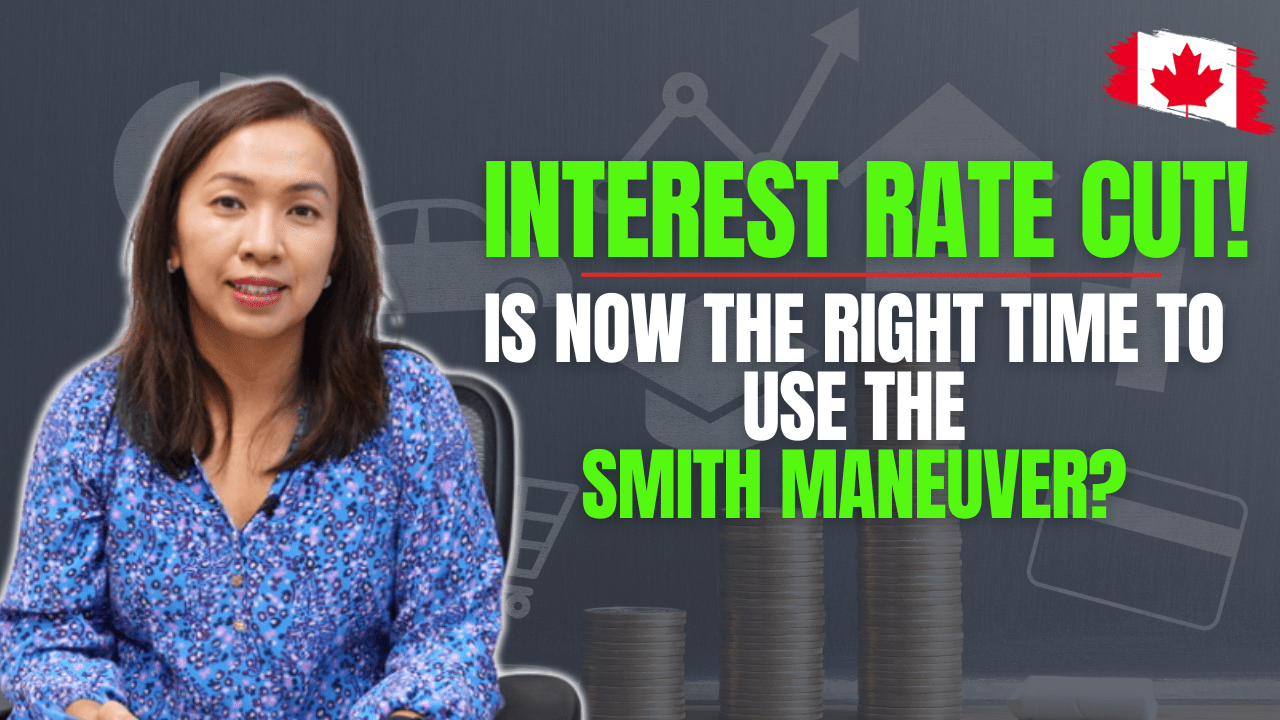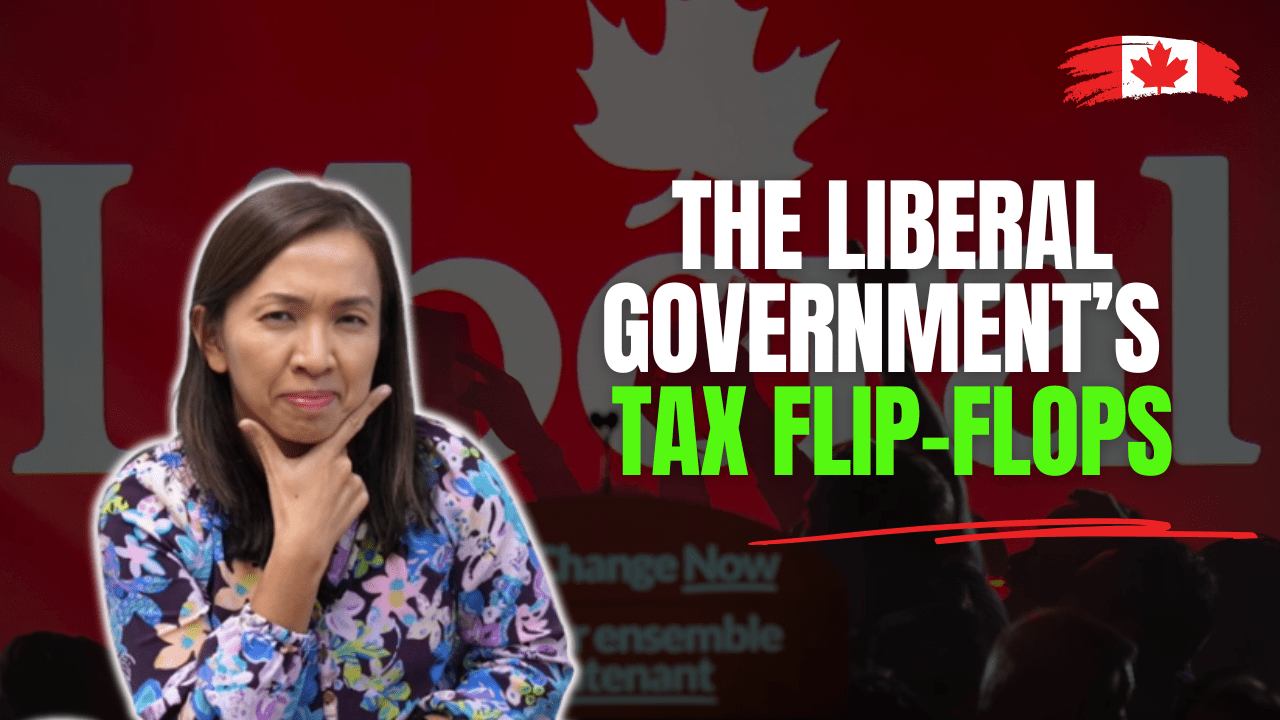Last week we spoke about some tips and help that I used to purchase my first home. One of the ways to increase your ability to qualify for mortgages is by way of house hacking. So, this week we’ll look into the taxes associated with House Hacking.
You can watch my video on taxes and house hacking here.
What is House Hacking?
A Canadian earning in the highest tax bracket should generally not have a problem securing a mortgage on a large house. But what about the average Canadian? With the housing market prices sky-rocketting everyday, how can one afford to get their dream home and provide a good living for their family while avoiding the two hour long commute away from the City?
The answer – House hacking!
Simply saying, House hacking is a way that allows you to rent out a portion of your own house so that you can earn additional income that allows you to get a bigger mortgage and to cover some of the carrying costs of the house.
Not only does house hacking cover a part of your housing costs by bringing in additional income, it also allows you to qualify for a bigger mortgage and start your real estate investment journey. As a real estate investor you can cut your living expenses while you build home equity.
Some of our clients have used this method to lower their living cost to almost nothing.
When we purchased our first family home in Burlington, we went above our budget
How House Hacking works
Generally speaking, house hacking means that you are renting out a portion of your home, or your entire home for a duration of time…
If you plan to house hack to supplement your income, you’ll most likely prefer to buy a multi-unit property with a separate entrance, kitchenette and bathroom.
Even if this isn’t your first home, and you’ve already owned a few homes before…
You can take advantage of some of these house hacking strategies to live in nicer homes or more desirable neighborhoods.
- Adding units to your house for long-term rentals – this means utilizing as much space in your property as you can. Consider adding in a second suite at a relatively low cost. This way you can rent out that space. For instance, adding in a bathroom (if there’s not one already), kitchenette, ensuite laundry, living and bedroom space in your basement. With a separate entrance you can rent out your entire basement to a family!
- Short term rentals – Additional suites with a simple kitchenette, sleeping and lounging space can also be rented out short term, via Airbnb or other platforms, subject to local by-law requirements. This extra income may or may not be able to allow you to qualify for more financing at the time of purchase.
- Renting by the room – You may even rent out by room on a long-term or short-term basis. For example, a multi-bedroom property can even be used to generate additional rental income. This should have been what I did in my early 20s when I had my 3 bedroom executive townhouse. I could have saved thousands of dollars, but I didn’t know any better.
It is a great strategy and opportunity for a first-time buyer to learn about real estate, finance, property management, and most importantly, get some help on qualifying for better financing.
Taxes & House Hacking
As Canadians, we have to report worldwide income. When we house hack to earn extra income, we’re also required to report the rental income in our tax return.
What are the taxes associated with house hacking?
There are two major tax implications:
- Rental income taxes
- Capital gain tax implication on sale of your home
Rental income taxes
It should not come in as a surprise that we have to report rental income received from renting out a portion of your home.
The Income Tax Act also allows taxpayers to deduct the expenses incurred to earn the income.
When I was house hacking a few years back, we rented out our walk out basement. Our home was a two storey home on top of the basement. I reported the income I received from my tenants, deducted one third of all the expenses (as one level, out of three levels was rented out). The expenses deducted including:
- Property tax
- Snow removal
- Mortgage interest
- Home insurance
- Utilities (our lease included utilities)
- Maintenance
- Advertising
One word of caution though, you would not be able to deduct any capital improvement you have made to the property or capital cost allowance if you intend to preserve the primary residence exemption on sale of property (assuming that you still qualify).
Capital gain tax on sale
One of the few tax free assets you can make in Canada is investing in your own home.
If you sell your primary residence for capital gain, you can shelter your entire capital gain under the primary residence exemption. Meaning you don’t pay any tax on the sale of the property.
To qualify to claim primary residence exemption, the following criteria must be met:
- Ordinarily inhabit the property as your primary residence
- Income producing use is ancillary to the main use of the property as a residence
- There’s no structural change to the property; and
- No Capital Cost Allowance has been claimed on the property
If you have done structural change and the rental portion of your home is more permanent in nature, you might have partially converted a principal residence to an income-producing use.
This may trigger capital gain tax on the rental portion of your home.
Let’s look at two scenarios to help you understand this better.
Scenario 1 – If you were to rent out a portion of your home and live in the other portion
Our first family home was a typical 2 storey, 4 bedroom subdivision home with a walkout basement. We knew that I would be off on unpaid mat leave. We were hoping to rent out the basement for a period of time to supplement my portion of income.
We moved forward with our plan, rented out our basement to a quiet gentleman for a number of years, before we converted back to personal use.
Can we claim primary residence on the ENTIRE house? Can I apply for primary residence exemption on the entire capital gain when you sell the property?
The answer isn’t that simple. The questions you’ll be considering are…
- Was the house used as my primary residence? Was the rental use ancillary to the main use of the property as a residence?
- Did I make any structural changes to the property?
- Has there been any capital cost allowance claimed on this property?
In my particular example, my house was primarily used as my residence. Only one out of the three floors were rented. We’re using a portion of the basement storage room for our own use.
We didn’t do any structural changes to the property. Kept it the same way as it was when we first purchased it. Also, we never claimed capital cost allowance against the property.
So in my particular example, we were able to claim primary residence exemption to shelter the capital gain on the sale of my own home.
Scenario 2 – If your house was converted into a legal duplex by you, you likely will trigger capital gain tax on sale of the property. Why?
- If you are changing the legal status of the property, and the two units are completely separated, chances are, you are making a structural change.
- Each unit has its own separate entrance, separate kitchen and separate bathroom. This means that the second unit is completely separated from the unit you would have lived in.
In this case, upon sale of this property, you can shelter only the portion of the capital gain that you use as your primary residence. As for the secondary unit that you use as rental, chances are, you would have to pay capital gain taxes on this portion of the house when house hacking!
Are there any differences if you do short-term rental?
Well, if you do short-term rental, on top of income tax exposure that we mentioned above, you might also have HST implications.
Technically speaking, if you rent your home for less than 30 days at a time, the rental income you receive may be subject to HST.
You’re required to charge HST on rental income you received, unless you meet the $30,000 small supplier exemption.
The $30,000 small supplier exemption is only available IF income from ALL your commercial activities is less than $30,000 on a rolling 12 month period.
What does that really mean?
It means that if you rent out your home as short-term rental occasionally, and you also operate another short-term rental business, the combined rental income between the two properties cannot be exceeding $30,000 to qualify for the small supplier exemption.
Another example is that if you rent out your home as short-term rental occasionally and you also have self employed business in your name, the combined short-term rental income and your self-employed business cannot be exceeding $30,000 on a rolling 12 month period to qualify for the small supplier exemption.
If you’re already registered for HST, no small supplier exemption is applicable. You are required to charge HST on your short-term rental rent from Day 1.
This also means that you are eligible to deduct the HST you pay on your expenses, offset against the HST you’ve collected, and remit the difference to CRA.
What about HST implication on sale of your primary residence, if you rent it as short-term rental?
This really depends.
Generally speaking, if you primarily used your home as your primary residence most of the time during the year, short-term rental should not affect your qualification to claim principal residence exemption.
Make sure you consult with someone who understands these rules before renting out your home as short-term rental.
It is important to note that every individual’s situation is different, and I advise my clients to sit with their real estate accountant and discuss your taxes.
You can book a consultation here with my team.
Hope this simplified taxes for you when you are house hacking!
Until next time, happy Canadian Real Estate Investing.
Cherry Chan, CPA, CA
